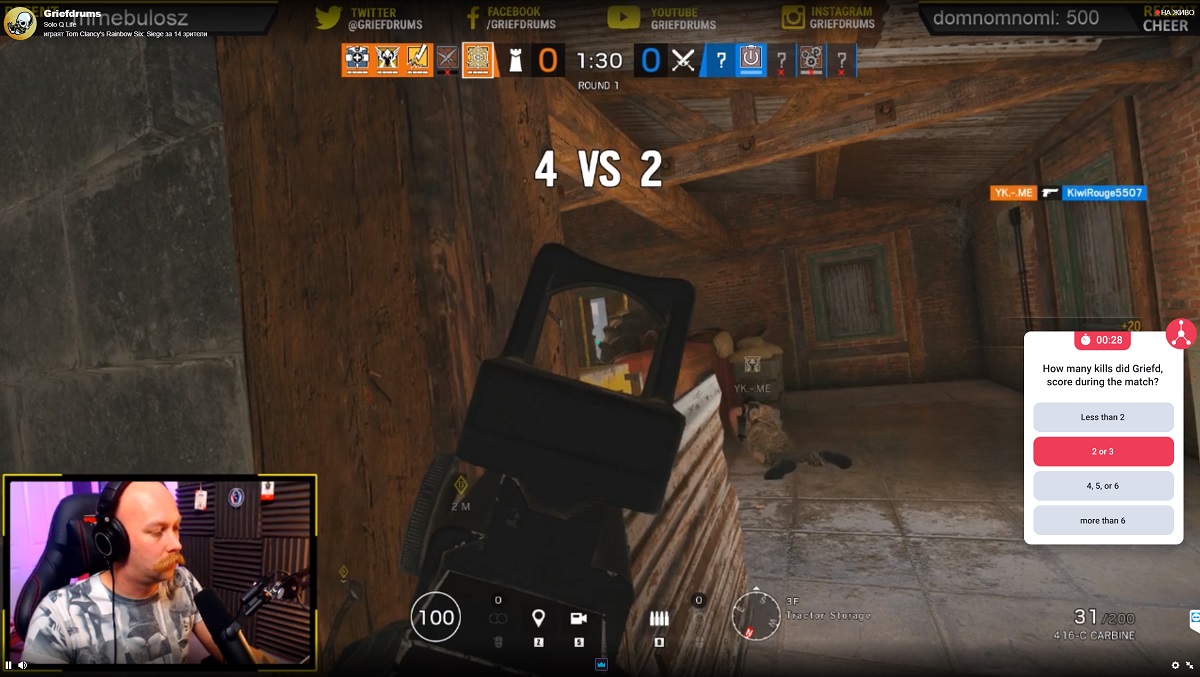Azarus has raised $1.8 million from some well-known investors to build out its blockchain-based “Smart Challenge” platform, which offers gamers the ability to compete for digital assets in both casual and competitive gaming challenges.
The money comes from from Galaxy Digital via its Galaxy EOS VC Fund, Kleiner Perkins, and SVK Crypto, among others.

Unlock premium content and VIP community perks with GB M A X!
Join now to enjoy our free and premium membership perks.
![]()

![]()